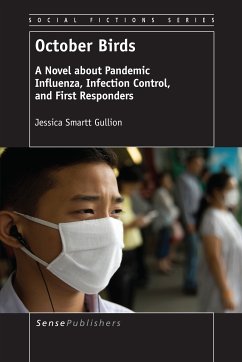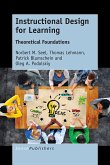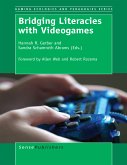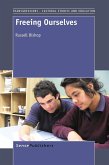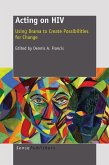En route to a conference, a physician from Jakarta boards a plane to the US. He does not know he is the index patient for the next global influenza pandemic. From this catalyst, thousands of people will get sick, hundreds of people will die. October Birds follows the healthcare and emergency management responders in the town of Dalton, Texas as they cope with the unfolding pandemic. Dr. Eliza Gordon, Chief Epidemiologist for the city struggles to control the outbreak and be a mother. Infectious disease specialist Dr. Ben Cromwell tries to maintain control of the increasing numbers of patients at Memorial Hospital, while Memorial's infection control specialist fights to limit the spread of the disease to the healthcare workers and the other patients. Dalton's emergency manager copes with an ever increasing logistical nightmare, and the incident commander tries to hold everything together. Meanwhile a currendera in the town searches for a cure. October Birds is grounded in real-life public health practice, sociological research, and emergency management. It is 'a/r/tographical research,' sociological inquiry within the science/art intersection. October Birds is more than a story - it is also a sociological theory of community-level response to health threats. This novel can be read as a supplementary text in a number of disciplines, including sociology, nursing, public health, health studies, emergency management, and psychology, and can be used in qualitative research methods courses as an example of arts-based research. I hope it will also be read simply for pleasure, and instill the question: 'What if?' What if a devastating pandemic does emerge? How will we respond? Social Fictions Series Editorial Advisory Board Carl Bagley, University of Durham, UK Anna Banks, University of Idaho, USA Carolyn Ellis, University of South Florida, USA Rita Irwin, University of British Columbia, Canada J. Gary Knowles, University of Toronto, Canada Laurel Richardson, The Ohio State University (Emeritus), USA Jessica Smartt Gullion, PhD, is Assistant Professor of Sociology at Texas Woman's University, where she teaches courses on medical sociology and qualitative research methods. Dr Gullion is the author of more than twenty peer-reviewed articles, in such journals as the International Review of Qualitative Research, the Journal of Applied Social Science, Qualitative Inquiry, Infection Control and Hospital Epidemiology, the Archives of Internal Medicine, and Clinical Infectious Diseases. Her research focuses on how communities cope with health threats.
Dieser Download kann aus rechtlichen Gründen nur mit Rechnungsadresse in A, B, BG, CY, CZ, D, DK, EW, E, FIN, F, GR, HR, H, IRL, I, LT, L, LR, M, NL, PL, P, R, S, SLO, SK ausgeliefert werden.

